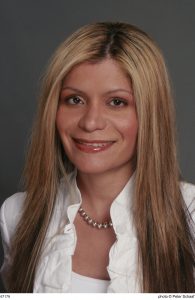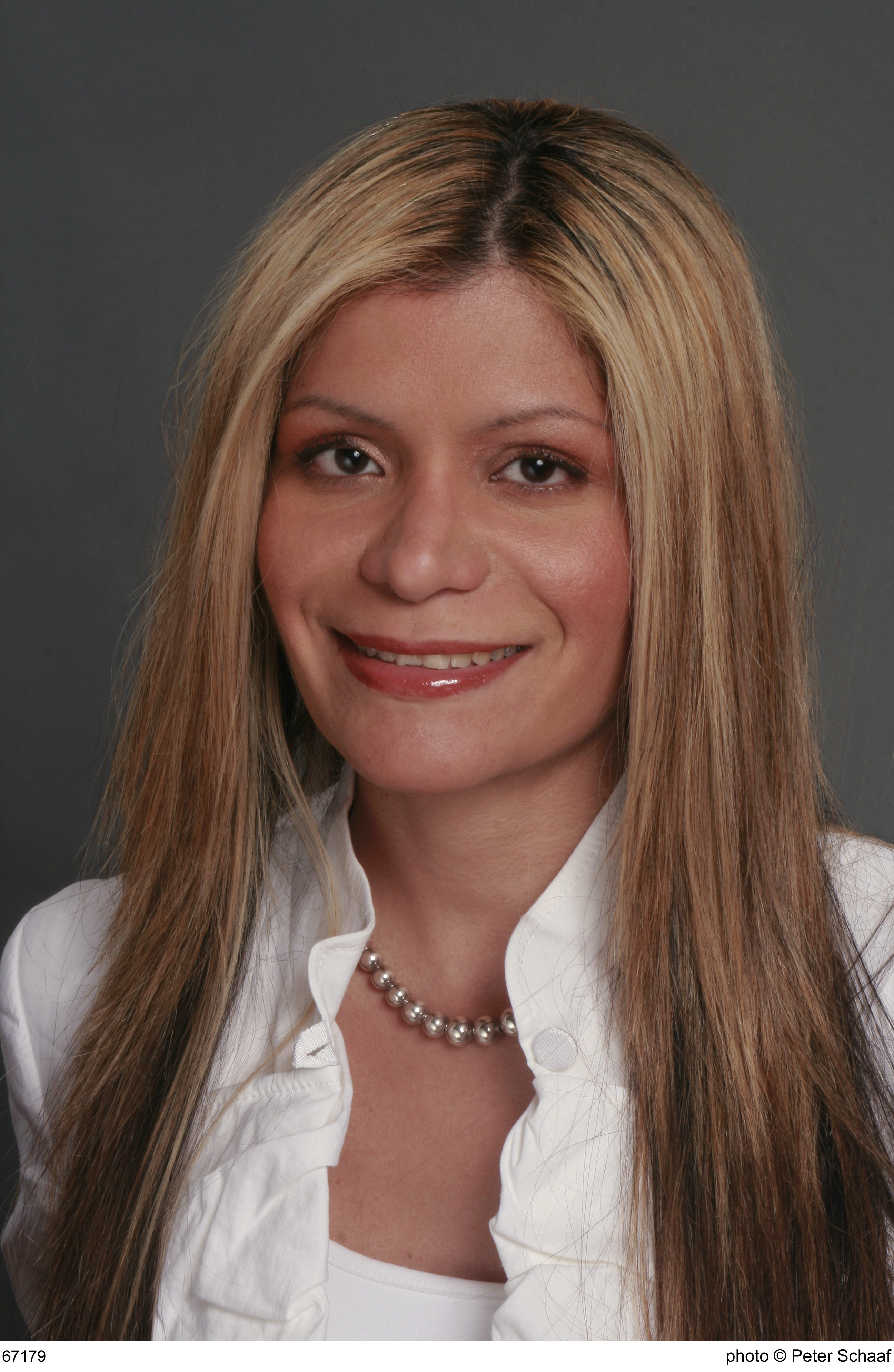
What changes do you foresee in ALA’s divisional structure over the next five to ten years?
It will be of great benefit for Divisions to continue to strive to be more member-driven organizations. I see increase in virtual participation and a restructure of the committee system. All lead by what works best for the members, their professional and job needs. Developing mechanisms to include newer librarians and students in the Division’s work. And a systematic process for Divisions to provide tailored conferences and educational opportunities that would keep members engaged and a steady stream of revenue.
In recent years ACRL, PLA, and LLAMA have restructure their committees and I am watching their very closely. I believe all members and committees are important, they bring expertise and experience that enrich our Association.
What are three things ALA should be doing to improve virtual participation?
As Chair of the Membership Meetings Committee, I lead efforts to present ALA’s first Virtual Town Hall and two subsequent annual virtual meetings for ALA’s 60,000 members. The committee and I worked as a team with the ALA Membership Development Office, ALA Publications, and ALA Information Technology staff members to establish the virtual meetings ALA continues to hold annually. These meetings include mechanisms to submit resolutions, to poll attendees about topics of interest and provide opportunities for attendees to choose top topics for discussion. All the process is saved in the ALA Institutional Repository. Currently, I am Co-Chairing REFORMA’s National Conference and we are in the process of increasing our conference virtual programs following this methodology.
Based on my experience, in order to improve virtual participation, I recommend:
-Survey membership to identify user friendly technology, online formats preferred by members, and professional development areas needed by members.
-Based on results, acquire technology and plan to produce programs in areas indicated by members in formats used by them.
-Strategize to provide opportunities for participation and programming in multiple formats.
-Partner with LITA.
As ALA shifts from in person collaboration (Midwinter, ahem) to other forms of participation and thus revenue, how do we make up for the lost revenue?
Providing products in multiple formats could bring more revenue into the Association. An assessment of high-demand formats will help to identify, for example, which products to offer as podcast, webinar, and video. These will contribute to increase the Association’s General Fund along with revenue from publishing, advertisement, and conferences.
How will you encourage library students to get involved/take leadership roles in ALA?
I invite library students to be bold, dare to take action. Volunteer, show up and say yes! Be passionate about what you do, care. We need you. If you would like to see something that is not in place, create it! I’ve done this. In 2004, two colleagues and I noticed that there wasn’t a forum for new librarians and students within IFLA. We developed the concept, approached the President of IFLA, secured her support, and established the group, IFLA New Professionals.
Within ALA, library students can join their ALA Student Chapter at their school or if there is none, they can form their own Student Chapter. ALA’s Office of Chapter Relations provides help to make this happen. They are available on the phone and have a very informative website for Student Chapters.
The New Members Round Table of ALA is a great space for new librarians to get involved or take leadership roles within ALA. Many of the ALA Divisions such as LLAMA which is the Leadership and Management Association have groups for new librarians. In sum, my advice is to connect, share ideas, and follow up. Great things can happen! We need library students and new librarians.
Is ALA a place for MLS-degreed professionals who do not work in libraries? Should it be? Why or why not?
Based on my experience as a library consultant, I can say that ALA is an association for MLS-degreed professionals who work in libraries, are consultants, professors, vendors, work in tech or start-up companies, museums, archives, and public and private organizations. We all serve communities. ALA provides professional development and educational opportunities, facilitate networking among members, and support advocating to place libraries on local and national agendas. These are key elements needed by all professionals, librarians working in libraries or those working in other areas, all serving different types of communities. This said, I support increasing opportunities for MLS-degreed professionals who do not work in libraries. We need to do more to meet the needs of these colleagues. We need to identify those needs and strategize on how ALA’s different groups can serve these colleagues. For instance, ASCLA is a great Division where many librarians working in places that are not libraries converge. LITA is an excellent example of how an association can serve these librarians.
With librarians of all types using technology as part of their everyday work, what specific leadership and expertise do you see LITA bringing to ALA?
I believe in ALA’s core values and intellectual freedom which I have promoted as Chair of ALA’s Intellectual Freedom Round Table and as Expert Resource Person of the Free Access to Information and Freedom of Expression Core Activity of IFLA. In this area, the expertise of LITA members is valuable to advice on strategy related to patron privacy, confidentiality, copyright, usability, accessibility, and encryption. Additionally, LITA could be a key collaborator to help ALA’s technology to be on par with the consumer tech, emerging technologies used by librarians as part of their everyday work. LITA has the expertise to advice, for instance, about effective training design to help librarians acquire skills required to operate in the virtual world. There are many possibilities! The LITA Guide Series is extremely helpful for everyday work including mobile technology in libraries, introduction to programming languages, and visual storytelling for libraries.
I believe LITA members’ contributions, expertise, backgrounds and experiences will help ALA in many ways to raise the bar and train the masses. Based on requests I have heard and conversations with many groups, I believe a next logical step is for ALA to increase virtual engagement. For this, we need to train our leaders and members to operate in the virtual arena. We got to work together to empower our librarians and information workers. This team work will benefit our profession and the communities we serve. Together, we can bring change!
